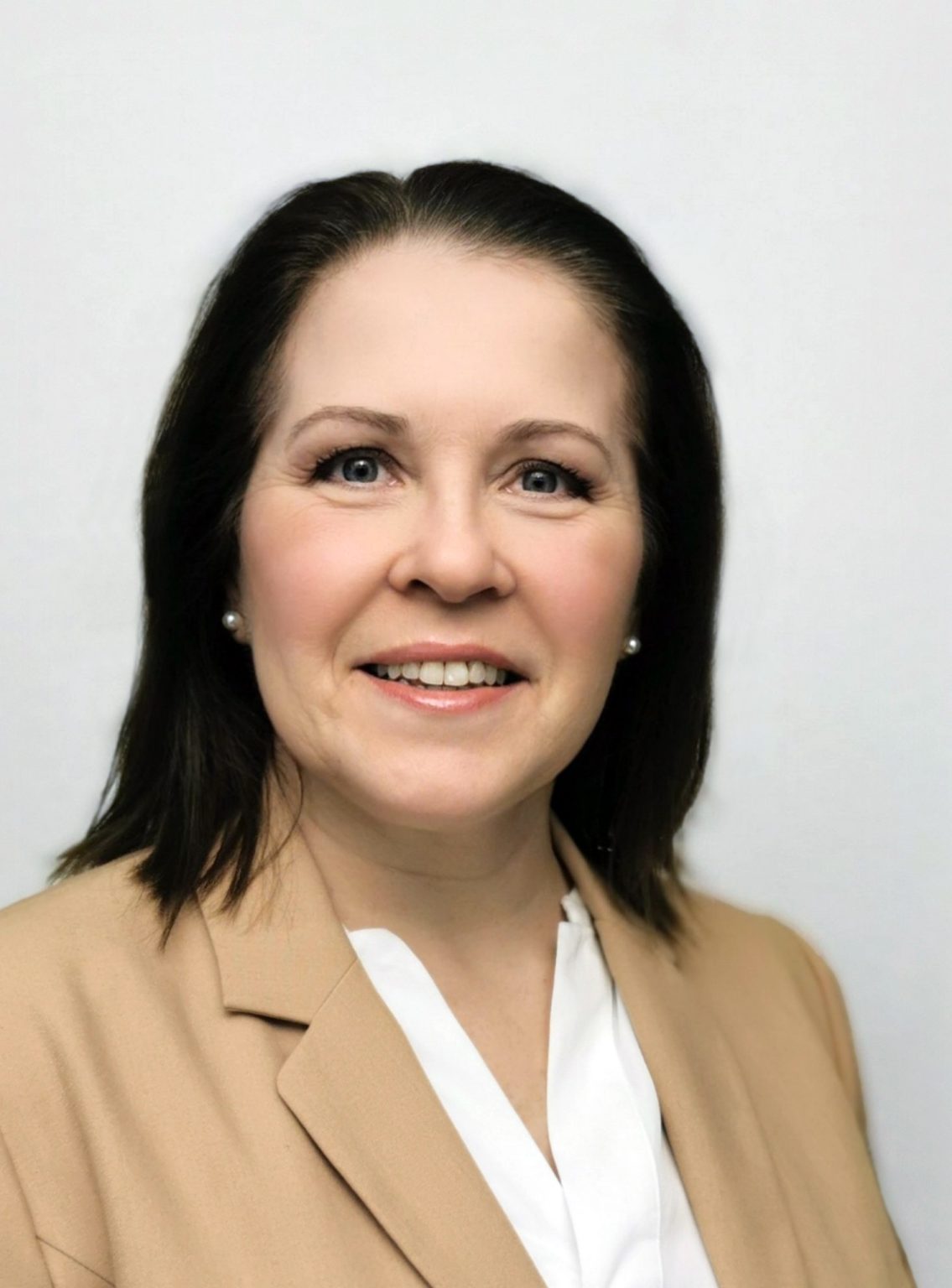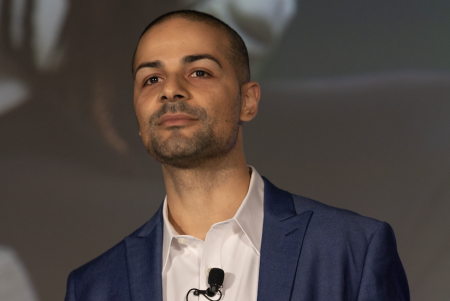Executive Moves in the Pacific Northwest Tech and Business Landscape
The Pacific Northwest’s dynamic business ecosystem continues to evolve with a flurry of recent appointments and transitions. Smartsheet, the Bellevue-based enterprise software company poised for privatization after an $8.4 billion deal, welcomed Eva Schoenleitner as Vice President of Partner. Schoenleitner brings a wealth of experience from her previous roles as CEO of Crate.io and senior leadership positions at ABB and Microsoft. Zillow Group appointed Zuhairah Washington as Senior Vice President of Market Operations and Flex General Manager. Washington’s experience at Otrium, Expedia, and Uber positions her to lead Zillow’s Flex program, which supports real estate agents. This appointment follows recent layoffs at the Seattle-based company. Zenoti, serving the wellness industry with its enterprise software, bolstered its leadership team with the addition of Sean Blitchok as Chief Financial Officer and Doug Sechrist as Senior Vice President of Marketing. Blitchok brings financial expertise from MeridianLink, Salesforce, and Hewlett-Packard, while Sechrist joins from CB Insights.
Meta’s expansion into virtual and augmented reality brought Stephen Konig on board as Director of Product Management for Horizon OS. Konig’s transition from CEO of Mudita Studios, a venture capital studio, to Meta underscores the allure of developing for the "next computing platform." The Microsoft Alumni Network, a vibrant community of former Microsoft employees, saw a significant restructuring of its board of directors. Mike Novasio assumed the role of Board Chair, while Tameka McNair and Dawn Trudeau were appointed as Board Vice Chairs. Sarah Pan and Amy Strande took on the roles of Board Treasurer and Board Secretary, respectively. The board also welcomed new members Kevin Espirito, Larry Hryb, and Trish Millines Dziko, enriching the network’s leadership with diverse perspectives.
Auger, the supply chain tech startup founded by former Amazon executive Dave Clark, continues to build its team with the addition of three engineers from Amazon: Sachi Patel, Debakar Shamanta, and J. Craig Lewis. This follows Auger’s recent announcement of its eleven-person executive team and a $100 million Series A funding round, solidifying its position in the logistics technology landscape. Adam Wiener, former president of real estate services at Redfin, transitioned to the role of President at Lower, an Ohio-based home finance company. Wiener will leverage his experience to oversee technology, marketing, data science, and direct-to-consumer sales at Lower. Augmodo, focusing on retail inventory tracking technology, welcomed three new engineers: Kevin Rauwolf, Kyle Machulis, and Sean Hong, all formerly of Grabango, a checkout-free technology startup. This talent acquisition follows Augmodo’s $5.3 million seed funding announcement.
The arts and culture sector saw James Miles join Path with Art, a non-profit addressing trauma through art, as Chief Strategic Officer. Miles brings experience from Seattle University, the City of Seattle’s Office of Economic Development, and leadership roles at Bumbershoot and Arts Corps. In the life sciences arena, Richard Giersch stepped down as President and Executive Director of the Life Science Washington Institute, transitioning to a consultant role focused on state and federal partnerships. He also joined Life Science Works as Senior Vice President. PNNL geochemist Kevin Rosso received the prestigious Battelle Fellow recognition for his contributions to molecular geochemistry, including research on carbon sequestration, battery materials, and solar power. A-Alpha Bio, a Seattle biotech startup, appointed Drew Duglan as Director of Scientific Communications, strengthening its communication efforts after securing a $14.5 million DOD award.
Kymeta Corp., specializing in satellite communications technology, expanded its board of advisors with the addition of national security expert James Geurts and former CIA veteran Elizabeth Kimber. Seattle nonprofit Ada Developers Academy, focused on training underrepresented individuals in software development, welcomed Matt Medlin, a CPA and tech sector lead at Clark Nuber PS, to its board of directors. This appointment follows a restructuring at Ada, streamlining its programs and focusing its mission. Umoja, a cancer therapy company, announced a $100 million funding round and appointed Dr. Campbell Murray, Senior Advisor at Double Point Ventures, to its board of directors, further solidifying its strategic direction.
Paul Marciante, a seasoned Seattle tech veteran, joined property management software startup LeadSimple as Senior Vice President and Head of Finance, bringing experience from RocketReach, Ripl, and Stakana. E-commerce logistics startup Pipe17 appointed Kelly Goetsch as its first Chief Operations Officer. Goetsch’s experience at commercetools and the MACH Alliance positions him to drive operational excellence at Pipe17, which recently announced a $15.5 million funding round. These appointments and transitions highlight the vibrant and evolving landscape of the Pacific Northwest’s technology and business sectors, showcasing a dynamic ecosystem of innovation and growth.
The flurry of leadership changes and strategic hires across various sectors reflects the dynamism of the Pacific Northwest business landscape. From established tech giants to emerging startups, companies are actively seeking experienced leaders and specialized talent to navigate the evolving market, drive innovation, and achieve their growth objectives. The region continues to attract individuals with diverse backgrounds and expertise, further enriching the ecosystem and contributing to its continued growth and success. The focus on technology, life sciences, and social impact initiatives underscores the region’s commitment to innovation and creating positive change.
These personnel changes are not isolated events but rather represent broader trends in the Pacific Northwest business landscape. The increasing emphasis on technology and innovation across various sectors, from retail and logistics to healthcare and real estate, is driving the demand for specialized talent. Companies are actively seeking individuals with expertise in areas such as artificial intelligence, cloud computing, data analytics, and cybersecurity to help them navigate the digital transformation and maintain a competitive edge. The growth of the life sciences sector is also evident in the appointments and investments announced, highlighting the region’s strength in biotechnology and medical research.
The leadership transitions within established companies and the emergence of new startups reflect the dynamic nature of the business ecosystem. Companies are adapting to changing market conditions, seeking new opportunities for growth, and building strong leadership teams to execute their strategies. The influx of experienced professionals from larger corporations into smaller startups is a testament to the entrepreneurial spirit of the region and the growing appeal of contributing to innovative ventures. The focus on diversity and inclusion in leadership appointments is also a positive trend, reflecting the growing awareness of the importance of representation and equity in the workplace.
The recent funding announcements for several startups further underscore the vibrancy of the Pacific Northwest’s innovation hub. Investors are recognizing the potential of these emerging companies and providing them with the resources they need to scale their operations and bring their innovative solutions to market. This influx of capital is fueling the growth of the region’s startup ecosystem and creating new opportunities for job creation and economic development. The continued growth and evolution of the Pacific Northwest’s business landscape are a testament to its dynamic and innovative spirit, creating a thriving environment for both established companies and emerging ventures.
The interconnectedness of the tech and business sectors in the Pacific Northwest is evident in the cross-pollination of talent and ideas. Experienced professionals are moving between established companies and startups, bringing their expertise and insights to new ventures and contributing to the growth of the overall ecosystem. The strong network of investors, mentors, and advisors in the region provides valuable support to entrepreneurs and fosters a collaborative environment that encourages innovation and growth. The commitment to social impact initiatives, as evidenced by the appointments and programs focused on addressing social issues, further strengthens the region’s reputation as a hub for both technological and social progress.
The sustained dynamism of the Pacific Northwest business landscape, fueled by innovation, investment, and a strong talent pool, positions the region for continued growth. The convergence of technology, life sciences, and a commitment to social impact creates a unique ecosystem that attracts both established companies and emerging ventures. As the region continues to evolve, it will be crucial to foster an inclusive and equitable environment that provides opportunities for all members of the community to contribute to its continued success.















